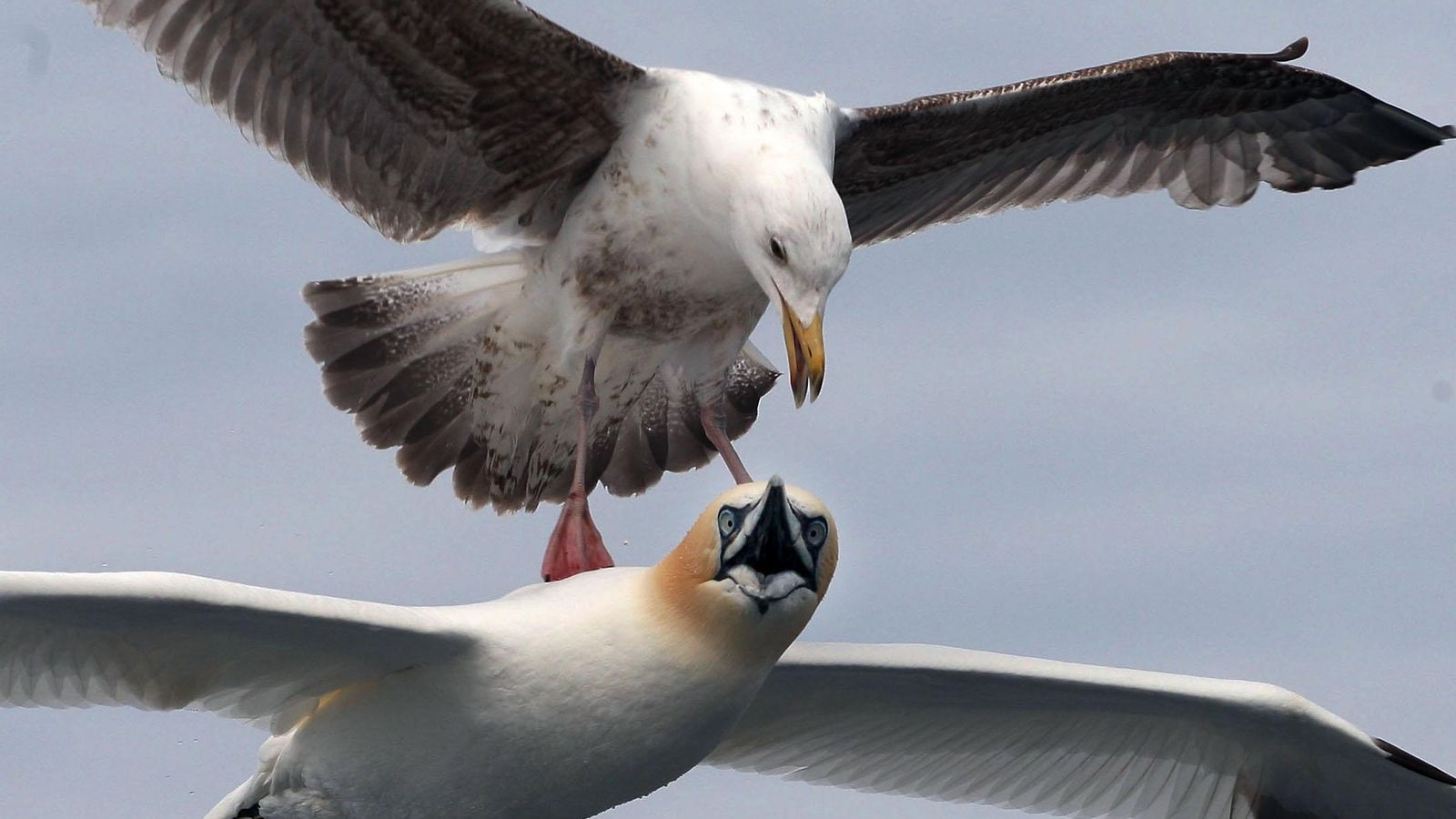More than 3,500 birds have died on the Aberdeenshire coast, however mystery remains over whether a suspected avian flu outbreak or “other factors” are behind the mass fatalities.
Scotland’s chief veterinary officer Sheila Voas said while there has been a number of confirmed cases of bird flu, not all carcasses sent for testing have returned positive results which means there “may be other factors responsible for the mass die-offs”.
Aberdeenshire Council’s landscape services staff have so far collected 3,559 dead seabirds since the beginning of last week.
As of Wednesday, teams had removed 1,464 dead birds from Inverbervie Beach, 1,051 from Stonehaven Beach, 427 from Johnshaven Beach, 310 from Balmedie Beach, 187 at St Cyrus Beach and 120 from Cruden Bay.
Members of the public who have been trying to assist in the clean-up have previously been warned not to bin or bury the carcasses, and to keep their dogs away.
NatureScot said it is still awaiting further test results to determine the exact cause of death as the country’s avian flu taskforce remains on “high alert”.
Ms Voas added: “Avian flu is currently impacting wild seabird populations across the east coast of the UK. This is unusual as the disease normally impacts bird populations in the winter months.
“In Scotland, we have had a number of confirmed cases but not all carcasses that have been sent for testing have yielded positive results. This means that there may be other factors responsible for the mass die-offs that are currently occurring.
“We are continuing to keep the situation under review.”
Read more:
Owners urged to keep pets indoors during bird flu outbreak
How worried do humans need to be about bird flu?
Please use Chrome browser for a more accessible video player
NatureScot previously reported that Highly Pathogenic Avian Influenza (HPAI) had been confirmed in sandwich tern, common tern, kittiwake, herring gull, black-headed gull and guillemot birds so far this year.
At Forvie National Nature Reserve, more than 200 sandwich terns have died from bird flu. Signs of the virus have also been spotted in common and arctic terns, with further test results awaited.
Be the first to get Breaking News
Install the Sky News app for free
Kittiwakes have also tested positive for avian flu on the Isle of May National Nature Reserve in the Firth of Forth.
Ms Voas added: “The risk to humans is low, as confirmed by our medical colleagues, but we advise not to pick up dead birds as the carcasses may carry other diseases which may impact human health.”





